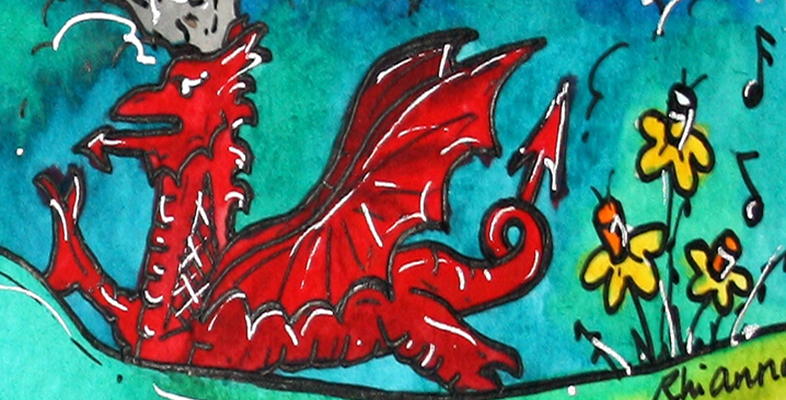1.1 The Welsh and the Celts
It is generally agreed that the Welsh (Cymry) descend from a distinct grouping of people who lived in central Europe, and whom the Greeks called ‘Keltoi’, or ‘Celts’ in modern English. From around the fifth century BC, the Celts spread throughout Europe and arrived in the British Isles, bringing with them their languages and customs. The Celts of the British Isles eventually developed into what we now know as the Irish, Scottish, Cornish, Manx and the Welsh. Despite nearly two millennia of invasions and attempts at suppression, the Welsh have held their ground and have clung to their identity and language. The fact that two-thirds of the population today choose to describe their national identity as ‘Welsh’ shows that the Welsh are proud of their distinctiveness compared with the rest of the United Kingdom. But today, there is no easy answer to the question, ‘Who are the Welsh?’ Many people who come from different ethnic backgrounds, but who were born in Wales, would describe themselves as Welsh. The famous Welsh singer, Dame Shirley Bassey, who was born in Tiger Bay in Cardiff to a Nigerian father and an English mother, often performs on stage in a Welsh-flag dress to show her pride at being Welsh. So it seems that the Welsh are not just a genetically distinct group of people, but rather a group of people who self-identify as being Welsh.
